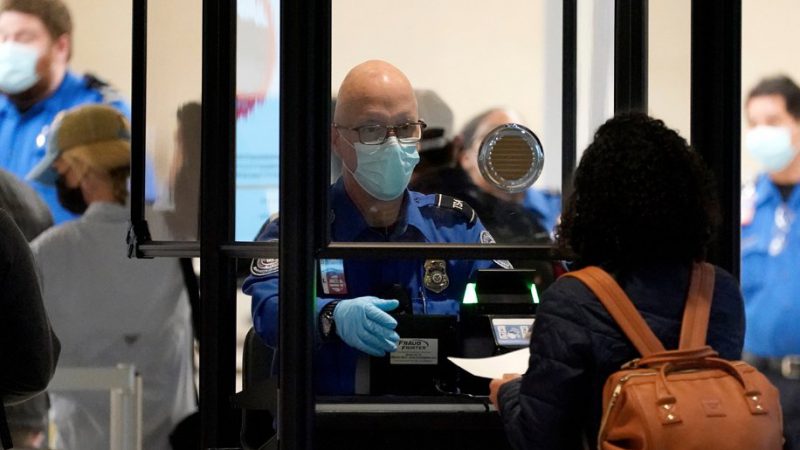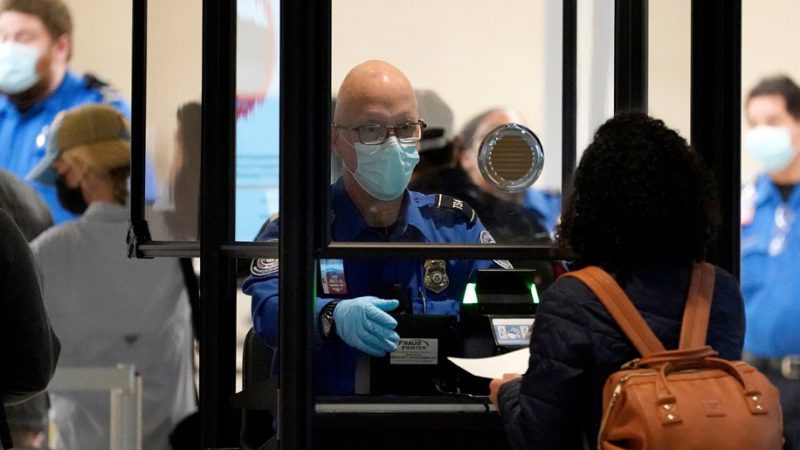TSA Now Empowered to Enforce Airport Mask Mandate
Homeland Security directive backs up CDC order requiring masks on all modes of public transport
February 2, 2021


The Department of Homeland Security has given enforcement authority to Transportation Security Administration employees to carry out the federal government’s new mask mandate for air travelers.
The Homeland Security directive means that beginning Tuesday, Feb. 2, “passengers without a mask may be denied entry, boarding, or continued transport. Failure to comply with the mask requirement can result in civil penalties,” according to a TSA statement.
“Passengers who refuse to wear a mask will not be permitted to enter the secure area of the airport, which includes the terminal and gate area,” the statement continues.
The Centers for Disease Control and Prevention’s new mask rules were issued Saturday for all public transit – planes, trains and buses – as well as at “any airport, bus terminal, marina, seaport or other port, subway station, terminal, train station, US port of entry, or any other location that provides transportation.”
The CDC’s actions implement an executive order signed by President Joe Biden early in his administration that targeted mask-wearing in airports and on certain modes of public transportation, “including many trains, airplanes, maritime vessels, and intercity buses,” according to a White House statement.
“The purpose of this executive order is to save lives and allow all Americans, including the millions of people employed in the transportation industry, to travel and work safely,” the department’s acting secretary, David Pekoske wrote in a Determination of a National Emergency.
According to Pekoske, the directive is intended “to address a threat to transportation, recognizing that such threat may involve passenger and employee safety.”
In a statement outlining the mask mandate, the CDC said, “Transmission of the virus through travel has led – and continues to lead to – interstate and international spread of the virus that causes COVID-19. This action is to further prevent spread of the virus that causes COVID-19 and to further support state and local health authorities, transportation partners, and conveyance operators to keep passengers, employees, and communities safe.”
Research has shown that, although the risk of transmission aboard an aircraft is minimal, the universal use of masks in such settings is necessary to reduce infection risk from respiratory particles to less than one percent. More problematic is the risk of spreading the virus in other segments of the journey, such as at airports and aboard ground transport.
“Face masks are an essential part of a comprehensive set of measures to reduce transmission of COVID-19 throughout air travel,” according to a report from Harvard University.
Finally the CDC statement concludes by urging against non-essential travel during the pandemic.
“CDC recommends that non-essential travel be avoided; however, for those who must travel, additional measures are being put in place to help prevent the spread of the virus,” said CDC director Dr. Rochelle P. Walensky. “Masks are most likely to reduce the spread of COVID-19 when they are widely and consistently used by all people in public settings.”




